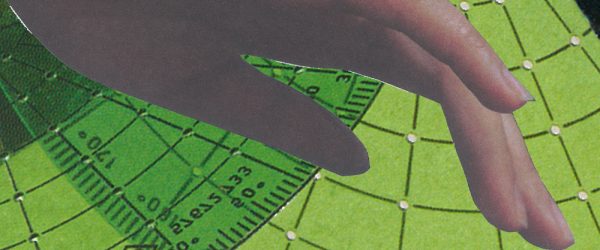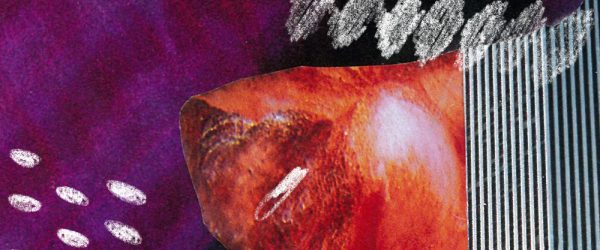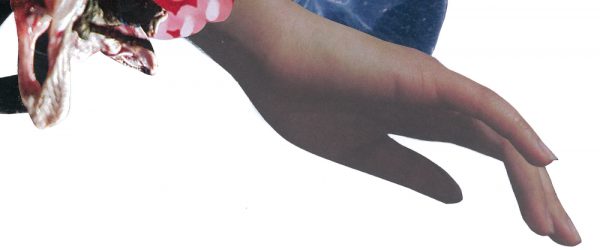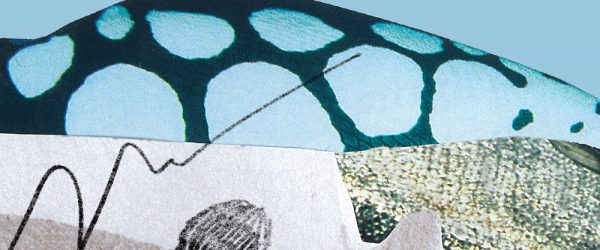
240 Spring 2020
Buy this issue

Featuring First Nations essays on organising and social justice from the 2020 RMIT Activism @ the Margins conference, as well as new fiction and poetry from writers such as Omar Sakr, Belinda Hermawan and Ouyang Yu.
Issue Contents
Features
Olivia Guntarik
Hilary Beckles
Suzi Hutchings
Willie Brim
Victoria Grieve-Williams
Wanta Jampijinpa
Puralina Meenamatta Jim Everett
Adrian Burragubba
N'Arweet Carolyn Briggs
Fiction
Gretchen Shirm
Kathryn Lyster
Belinda Hermawan
R I Quin
Poetry
Pam Brown
Jessica L Wilkinson
Ouyang Yu
Christopher Brown
Zenobia Frost
Elena Gomez
Ben Walter
Adam Ford
Samuel Wagan Watson
Omar Sakr
Editorial
New activisms and new futures for uncertain times
Online soon
Olivia Guntarik and Victoria Grieve-Williams
Evelyn Araluen and Jonathan Dunk
Browse the issue:
Features
Poetry

























